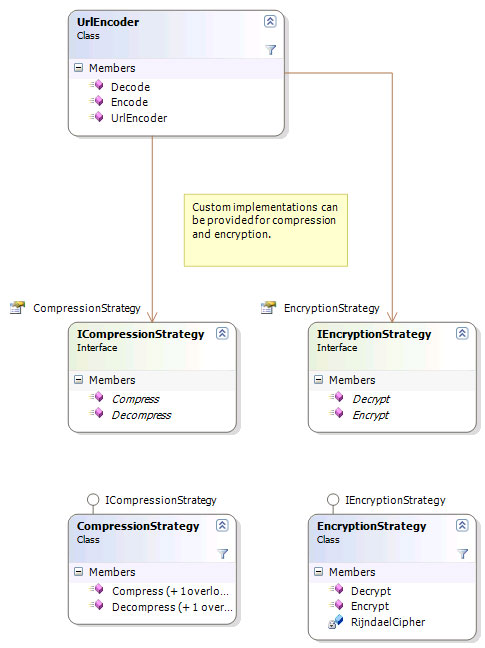The Greatest Guide To Best practices for handling decoded URLs in your PHP code

URLs are the foundation of the net. They make it possible for us to gain access to web webpages, resources, and documents along with just a few clicks. However, URLs may also be pretty complex and tough to decipher. That's where URL decoding comes in.
In PHP, URL decoding is a process of transforming encrypted personalities in URLs back into their original form. This is important when working with compelling information or user-generated record that may have special characters.
Listed below are some advanced URL deciphering approaches using PHP that can assist you work even more effectively:
1. Using Check Here For More () functionality
The very most essential technique to decipher a URL string is through using the built-in urldecode() function in PHP. This functionality takes an inscribed string as input and come back its translated kind.
Here's an instance:
```
$url = 'https%3A%2F%2Fwww.example.com%2Fpage.php%3Fid%3D123';
echo urldecode($url);
```
Output:
```
https://www.example.com/page.php?id=123
```
As you may see, urldecode() turned all the percent-encoded characters (%XX) back right into their authentic form.
2. Working with multibyte characters
When working along with non-ASCII or multibyte character collection like UTF-8, it's important to make use of the megabytes_ functionality in PHP rather of their routine counterparts.
For example, rather of making use of urldecode(), we can easily make use of mb_urldecode() to accurately handle multibyte personalities:
```
$url = 'https://www.example.com/ページ.php?title=日本語';
echo mb_urldecode($url);
```
Outcome:
```
https://www.example.com/ページ.php?title=日本語
```
Notice how mb_urldecode() correctly deciphered both the Japanese personalities and percent-encoded strands.
3. Handling concern strands
Often URLs may have inquiry strings with numerous specifications. In this instance, we may make use of the parse_str() feature to parse the question string into an array, decode each market value utilizing urldecode(), and then re-build the query string.
Listed below's an example:
```
$url = 'https://www.example.com/page.php?category=books&author=John%20Doe';
parse_str(parse_url($url, PHP_URL_QUERY), $params);
foreach ($params as $essential => $value)
$ params[$key]=urldecode($value);

echo 'Type: ' . $params['category'] . '
';
reflect 'Author: ' . $params['author'];
```
Output:
```
Group: publications
Author: John Doe
```
In this instance, we initially used parse_url() to draw out the inquiry string from the URL. Then we used parse_str() to transform the query strand into an variety. Lastly, we looped with each parameter worth and deciphered it making use of urldecode().
4. Handling with bonus indicators
In some situations, a plus indication (+) might be utilized as a substitute for a area in URLs. When deciphering URLs in PHP, we may utilize str_replace() to substitute plus indications along with rooms before decoding:
```
$url = 'https://www.example.com/search.php?q=hello+world';
reflect urldecode(str_replace('+', ' ', $url));
```
Result:
```
https://www.example.com/search.php?q=hello world
```
5. Decoding base64-encoded strands
Often URLs might contain base64-encoded strands rather of percent-encoded characters. In this case, we can easily use base64_decode() to decipher the strand just before passing it to urldecode():
```
$url = 'https://www.example.com/page.php?id=bG9sIGludGVybmFsIHN0cmluZw==';
echo urldecode(base64_decode($url));
```
Output:
```
https://www.example.com/page.php?id=long worldwide string
```
Below, we initially deciphered the base64-encoded string using base64_decode(), and after that deciphered the resulting string utilizing urldecode().
In final thought, URL decoding is an essential part of working with dynamic content and user-generated information in PHP. Through utilizing these state-of-the-art techniques, you can deal with intricate URLs extra successfully and avoid possible errors.
